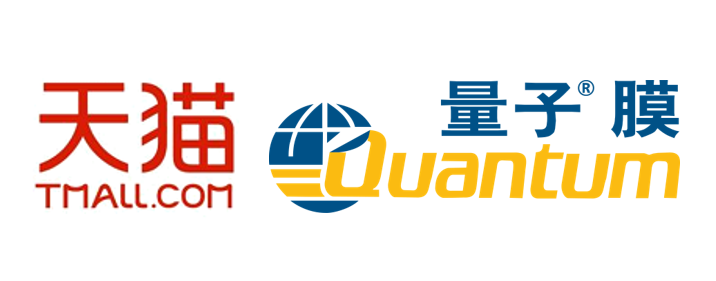If the part fails, the system fails. It’s really that simple.
You may have heard about the “gray market” of manufacturing components, where non-genuine parts can enter the industrial supply chain. The problem seems to be particularly acute with certain high-value items such as Rulon® products. Non-genuine materials may be reengineered, refurbished, or otherwise altered, and can pose a serious threat from an application safety and performance perspective.
But how can you differentiate genuine Rulon® materials from counterfeit – especially when the two look alike? We’ve got some insights.
From military electronics to consumer goods, it’s no secret that non-genuine products are an increasing challenge in many industries. Without the right safeguards in place, the counterfeit materials can lead to a failure in the field or even a product recall. In the end, the lower price doesn’t compensate for the potential reputation risk in terms of cost, trust, or standing.
To avoid purchasing non-genuine materials, we recommend following these 5 Best Practices:
1. Look closely at the composition of the raw ingredients
It’s important to note that not all raw materials are created equally. Non-genuine materials may be sold under a brand name and look the same, but the ingredient properties are not the same. And without the same properties, you cannot expect the same level of performance.
As an example, the mechanical properties of Rulon® material (which is a blend of PTFE), can be enhanced by adding certain fillers like graphite. But graphite is developed via different molders, compositions and fillers, and can vary greatly in quality. It’s imperative that you have the same quality of graphite with each production cycle to ensure the same performance level each time.
Although Saint-Gobain Seals does not disclose composition information to protect our proprietary product, we can share that our Rulon® material is always blended with high-grade PTFE and fillers. You can rest assured that all of our Rulon® products are made of the same raw materials (that you specify) each time you place an order. The materials are genuine, and trademark protected.
2. Review the processing method
Do you know how your Rulon® materials are processed? All Rulon® grades are processed by controlling molecular weight, crystallinity and porosity. If not controlled, these can significantly change the performance of PTFE. Genuine Rulon® material is internally controlled from powder to final product.
Another processing factor relates to the material processing method, which makes THE difference between application success and application fail. Processing can be customized using a variety of methods including extrusion, static press, high performance isostatic press, hot molding, etc. It’s important to know the parameters that your materials are processed under so that you can depend on the material from one manufacturing cycle to the next.
3. Don’t forget quality and application testing
While most manufacturers will do their own series of quality tests, it’s critical to know the level of testing that is done before Rulon® (or any other material) is released. Best practice is to source a supplier that conducts in-house tribology testing. With tribology, you can analyze the material’s friction, lubrication and wear properties to determine quality.
And once testing is done, test again! Each time a supplier is replaced or a design is altered, new tests should be conducted.
We conduct in-house application testing so we can pre-validate the right solution and best fit for your application. Doing this extra step gives confidence to all of our customers simply because testing from zero is not necessary.
4. Consider local and global sourcing
In many cases, you may be best served by a supplier with local ties who knows your market and your material qualifications. A local supplier, particularly one with global reach, can help you meet country-specific regulations and certifications as well as minimize delivery lead time.
Under the motto “Deliver locally, think globally,” Saint-Gobain Seals supplies the same quality globally in order to avoid a customer requalification and ensure performance consistency.
5. Partner with a trusted supplier
Critical applications require critical designs for safety and performance. We advise that you look for a sealing and material partner who offers excellent service from the initial design meeting right through to post-sale. Services like material recommendations, in-house testing capabilities, technical support and customization all point to a trusted supplier offering genuine products.
Have questions on the authenticity of your components? We can help you identify and determine genuine materials, particularly for formulas such as Rulon® LR, J and 123, which are the materials most-often copied due to their low coefficient of friction and dimensional stability in all chemicals.






